Along with having rights over your own apartment, a renter also has rights over any communal area of their building. This applies to areas like stairwells, elevators, halls and communal gardens.
Additionally, you have rights regarding the shared utilities like heating and electricity that are used to serve your apartment and other areas of the building.
An individual who is new to a place might not be familiar with the regulations for communal, shared spaces.
Everyone who utilises common areas, such as a communal garden, should be aware of the rules. This fosters an environment where respect and understanding are encouraged.
Here you’ll find a comprehensive list of common rules for communal areas in flats in the UK.
Who makes the rules for a communal area of an apartment or flat?
The landlord – and sometimes a board of tenant representatives – usually establishes the rules for communal areas and gardens in apartments, unless the properties are council housing in this case they would be decided by the local authority.
Tenants who have questions about the rules should either call the landlord for clarification or consult their tenancy agreement.
Sometimes these rules will be made by a block property management company, if they have ownership of the building itself. Whichever way, you should be able to access this information in your tenancy agreement.
Everyone can peacefully appreciate the gardens and common areas by abiding by a set of rules. The following guidelines are usually followed for communal areas, although tenant agreements can differ.
6 guidelines and rules for communal areas in flats or apartments
1. Noise levels
Loud music, arguing, or barking dogs are examples of unacceptable noise disturbances that tenants should avoid making.
The Department for Environment, Rural, and Environmental Affairs claims that excessive or loud noise shouldn’t harm people’s health or make it difficult for other tenants to enjoy a communal area or garden.
Environmental noise levels should typically not exceed 34 decibels (dBA). A refrigerator’s hum is 50 dBA, whispering is around 30 dBA, and chirping birds can reach up to 70 dBA.
Therefore, you are probably making too much commotion if you are louder than the birds during the day.
Additionally, from 11:00 pm to 7:00 am, loud or excessive disturbance is not allowed.
2. No smoking
In communal gardens and corridors, smoking is typically not allowed because the smoke can disturb other residents and properties nearby.
Smoking is also a potential fire hazard under health and safety guidelines, therefore smoking should be confined to a tenant’s own flat to reduce this fire risk.
3. Keep corridors and stairways clear
It is common for risk assessments to state that all communal areas should be kept clear and tidy as any items could be a trip hazard.
This is due to the possibility that keeping things in stairwells, walkways, and corridors could result in
- Injury someone or make it difficult for them to flee in an emergency
- Blocking escape routes and fire doors
- Create more fires, particularly if composed of flammable materials
- Emit toxic vapours or smoke that could harm other tenants
- Interfere with the fire service.
4. Don’t Litter
Each tenant is responsible for maintaining a clean garden. It ought to be clean and tidy, and adhere to strict health and safety guidelines regarding pests.
Food scraps left out attract pests and rodents, making the property an unclean or unwelcoming environment.
5. Flammable materials
Due to the potential for the food’s odours and smoke to bother nearby residents, barbecues might not be permitted.
Before using a shared garden for cooking, get the owner, tenants, and nearby properties’ approval first.
Other tenants are also at danger of fire because of fuel containers and other flammable items. This means that they might not be able to be kept anywhere in the building or on common grounds.
6. Clean up after animals
In shared and public spaces, all dogs must be restrained by a leash. In a shared garden, they must always be under control. Make sure your dog doesn’t growl or bark incessantly at other people or animals.
Pick up your pet’s waste, then throw the bag away. Do not allow your dog to defecate on or wander through other people’s gardens.
By doing this, disease transmission and animal attacks are avoided.
If you are permitted to keep a cat outside, make sure to tidy up after it as well. Keep an eye on it to prevent it from digging in other people’s yards. Cats can disturb the tranquilly of the garden and pose a serious threat to birds.
Looking For an Expert Block Management Company?
Above are just some of the most common rules that tenants in an apartment block will have to follow to keep their communal areas safe and clean.
All of a property manager’s duties are covered by the complete block management services provided by Scanlans Property Management. We have a group of capable and knowledgeable employees who are always accessible to address concerns or questions from tenants.
Our property management services cover everything from insurance and claims to repairs and maintenance, building surveying services, site visits, and more.
For more information about our services, or to get a quote, contact us today.
Rules for communal areas in flats FAQs
Who is responsible for common areas?
A landlord or property management company is usually responsible for the upkeep and maintenance of communal areas. Check your tenancy agreement to find out who is responsible for the communal areas and gardens in your apartment block.
What are communal repairs?
A communal repair is necessary work on a building’s interior or exterior that affects all of the residents of a block or estate.
This could include repairs to the roof, elevators, staircases and general maintenance of smoke alarms, fire doors etc.
What is a fire risk assessment for communal areas of flats?
An evaluation of the dangers posed by fire hazards is known as a fire risk assessment. It is crucial for landlords to conduct fire risk assessments for their apartments and common areas, or for a designated “responsible person” (like a property manager acting on behalf of a resident’s management business).

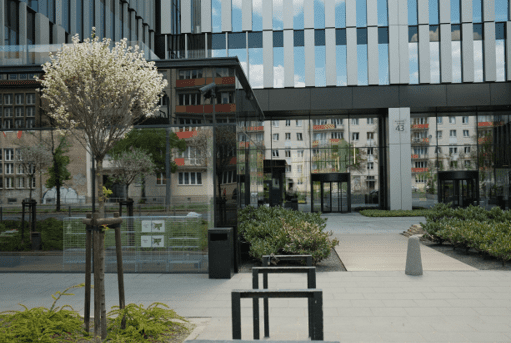
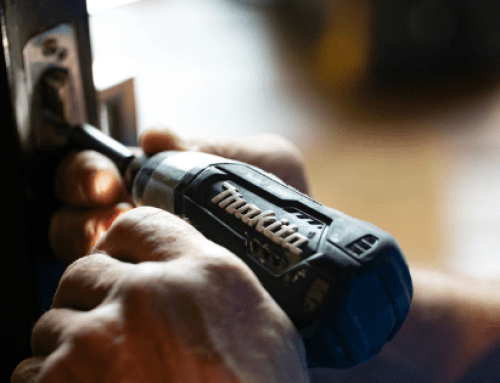
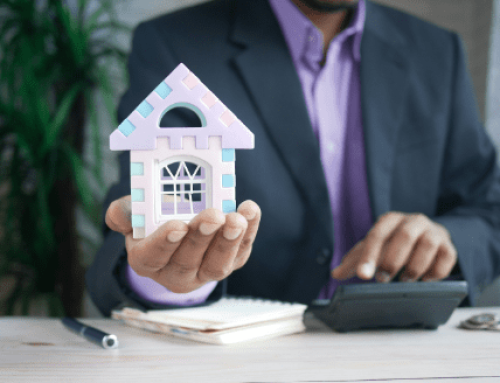
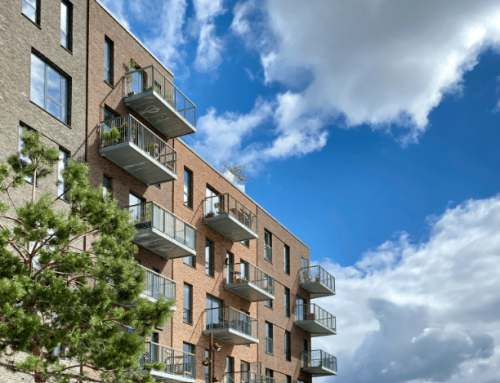
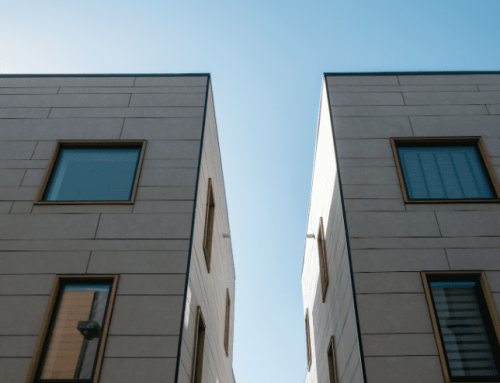




Leave A Comment
You must be logged in to post a comment.